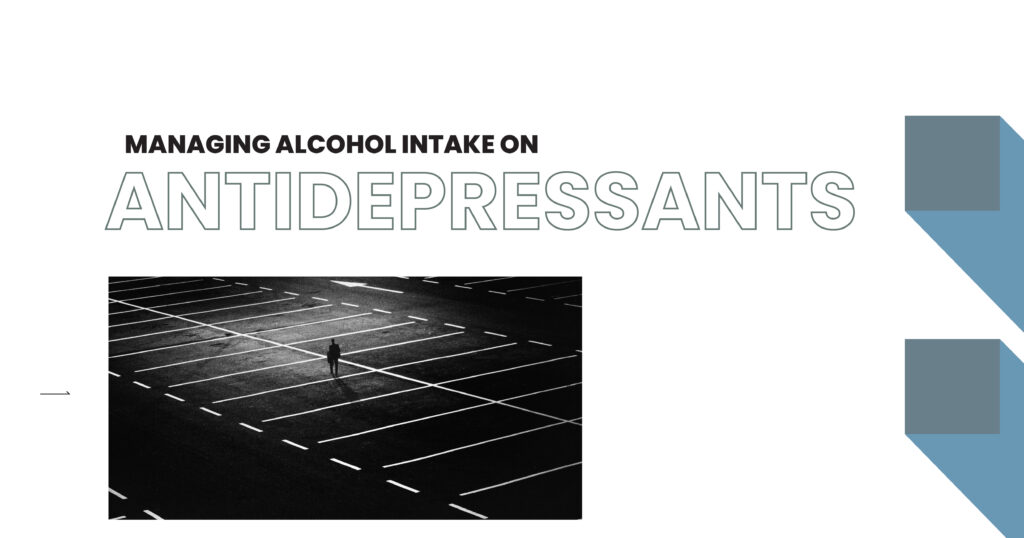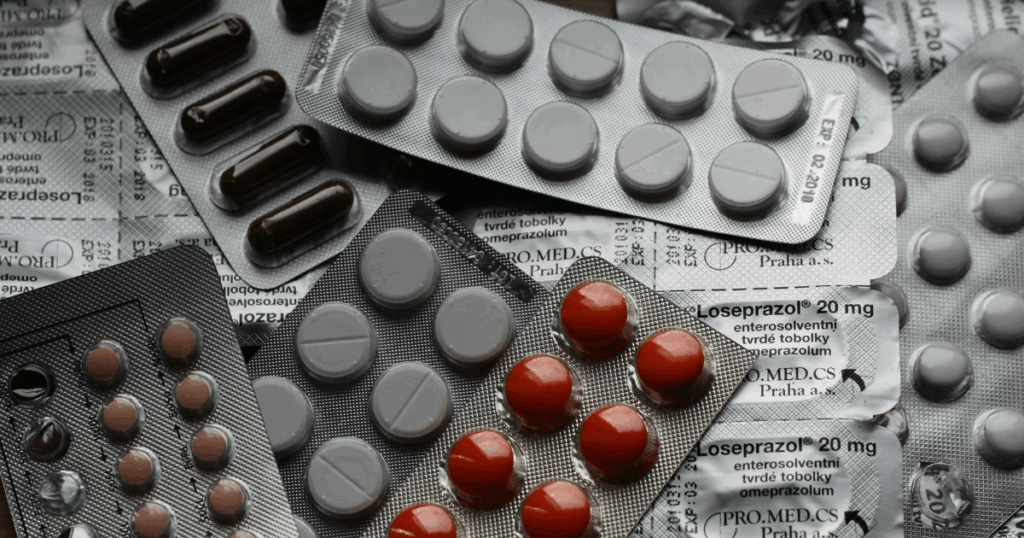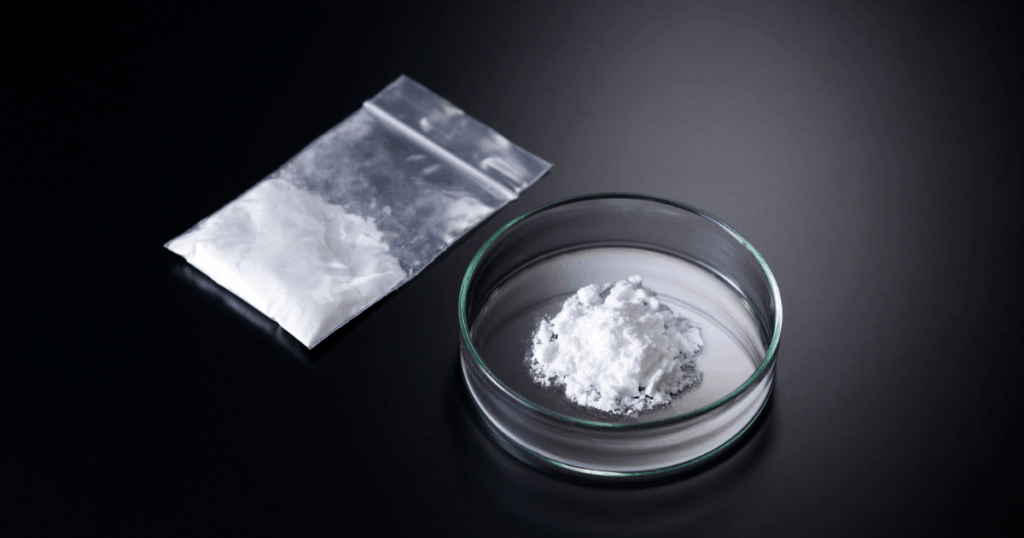Managing Alcohol Intake on Antidepressants

Authored By:
Raleigh Souther

Edited By:
Chase Mcquown

Medically Reviewed By:
Dr. Alejandro Alva
- Last Updated:

The use of antidepressants may be challenging in terms of taking them and recovery in mental health, especially when there is alcohol involved. The second question that comes to the mind of most people is: how much should you drink on antidepressants?
And is it really harmful to a person’s development that they can drink occasionally? The alcohol and antidepressants can seem to be a harmless situation; nevertheless, their interaction is not that simple.
You have to learn to interact with these substances and how they affect your body to remain healthy, safe, and keep your emotional status quo intact, to be able to learn how to use these substances safely.
Understanding Antidepressant Side Effects and Their Influence on Well-Being
Antidepressants are also important in the main measure of mood regulation, alleviation of depression symptoms, and assist people in gaining mental clarity. However, some of the side effects of all the drugs taken as antidepressants are not desirable, and this can depend on the type of medication, dosage, and physiology. The possible side effects are those such as drowsiness, dizziness, nausea, dry mouth, and alteration of appetite or sex drive in some cases.

These are just your body’s adjustments to new chemical balances. Since the antidepressants are taken to work on the balance of certain neurotransmitters, including serotonin and dopamine, anything that disrupts the balance, like alcohol, will cause some interference with the functionality of your medication.
Disregarding these effects may lead to worsened symptoms or even the development of a new condition, such as fatigue, emotional disorders, or slow thinking.
How Alcohol Interacts with Antidepressants and Why It Matters
Perhaps the use of antidepressants and the consumption of alcohol may not seem like a serious issue but the outcomes of the two can be far-reaching on your psychological health and the efficacy of medications. Alcohol is also a depressant – it slows down the brain and interferes with the work of neurotransmitters, in this case, serotonin, the object of the antidepressants. The confounding of the two substances may cause:
| Effect | Possible Outcome |
| Reduced medication effectiveness | Depression or anxiety symptoms may return or worsen |
| Increased drowsiness and sedation | Impaired judgment, coordination, or alertness |
| Liver strain | Compromised liver function, leading to long-term health issues |
| Emotional volatility | Heightened sadness, irritability, or anxiety after drinking |
According to the National Institute on Alcohol Abuse and Alcoholism (NIAAA), alcohol may undermine the medicinal effects of antidepressants and enhance the side effects, such as dizziness or confusion. This is particularly alarming to those who already face depressive symptoms or mood swings.
Guidelines for Safe Medication Use and Lifestyle Choices
And are you posing yourself the question of how much alcohol you can take with antidepressants, then, as a rule, the answer to this question is none. However, in the case of an occasional drinker, there are measures to undertake that will help to curb the potential harm. Such guidelines as suggested below will need to be taken into account:
- Consult Your Doctor Regularly. Always discuss your drinking habits openly to adjust your dosage or medication safely.
- Wait Until Your Body Adjusts. Avoid alcohol during the first few weeks of starting or changing antidepressant medications.
- Track Your Reactions. Note any physical or emotional changes after consuming alcohol.
- Stay Hydrated and Nourished. Alcohol can deplete essential nutrients, which your body needs to maintain mental health stability.
- Avoid Binge Drinking. Large quantities of alcohol increase the risk of serious side effects and liver function impairment.
For more information on alcohol-medication safety, the Mayo Clinic offers an excellent overview of how substances interact with antidepressants and what signs to watch for.
The Role of Serotonin Levels in Antidepressant Effectiveness
Increasing the concentration of serotonin, which is one of the significant neurotransmitters that regulate mood, sleep, and appetite, is the primary effect of antidepressants. As soon as alcohol enters the system, it interferes with the synthesis and reabsorption of serotonin, which will reverse the results of the medication.
This imbalance can cause so-called serotonin crashes and mood swings, irritability, and even relapses or depressions. With time, alcohol use may lead to desensitization of serotonin receptors, rendering antidepressants ineffective. In more direct language, alcohol simply is the opposite of the purpose of your medicine – to make you mentally healthy and emotionally stable.
Effects of Antidepressants on Liver Function and Overall Health
The liver plays a significant role in the metabolism of antidepressants and alcohol. This causes the liver to be overloaded and obliged to process both substances when used together, which can result in liver strain and increase the likelihood of liver damage or toxicity with increased usage. Exposure to the combination of these effects may lead to inflammation, fatty liver disease, or a lack of proper detoxification in the long run.

Also, it is important to mention that certain antidepressants, like SSRIs or MAOIs may already have some mild effects on liver functioning. Alcohol only adds to this process, increasing the risk of dangerous medication accumulation in your system. The liver is vital in the prevention of medication errors and well-being.
Balancing Safe Drinking Habits with Antidepressant Use
The major action of antidepressants is the increase in the serotonin concentration, which is one of the important neurotransmitters involved in mood, sleep, and appetite regulation. The moment alcohol gets into the system, it will disrupt serotonin synthesis and reabsorption and will reverse the medication outcomes. This is the way to be safer in decision-making:
- Know Your Limits. A single serving of a drink by a woman or two drinks by men can be classified as a moderate, but even the slightest amount of it can increase the side effects of antidepressants.
- Choose Timing Wisely. Do not consume alcohol on those days when you are emotionally unstable or have consumed a larger dosage.
- Stay Connected. Trusted friends or family members should be aware of your intentions to drink to assist you in the event of side effects.
- Monitor Mental Changes. In case you experience heightened anxiety, irritability, and sadness after taking alcohol, then stop immediately and contact your provider.
You should not take alcohol as an antidote or stress reliever. Rather, one should think of healthier ways to help with the recovery in the long term, including mindfulness, journaling, or therapy.
Managing Side Effects for Better Mental Health Outcomes
The body’s reactions to antidepressants are different in each individual, and the most crucial thing in ensuring that one is not inconsistent with their treatment plan is learning how to manage the side effects. As you develop symptoms of dizziness, nausea, or fatigue that are worsened by the use of alcohol, it is only natural that the combination of the two cannot be processed through your body.
Some of the practical measures to counter the side effects are ensuring that a person is properly hydrated, exercising, and getting sufficient sleep. Additionally, you can also take supplements of omega-3, exposure to light, and mindfulness. These lifestyle behaviors not only minimize the discomfort but also enhance the beneficial impacts of the antidepressant treatment you are using.
How to Communicate with Your Doctor About Medication Concerns
Effective and safe treatment requires open communication with your healthcare provider. You should be frank about drinking habits, in case you do not know the extent of alcohol you can take when taking antidepressants. Physicians will not judge – they will assist. They are able to modify your dose, change drugs, or offer harm-reduction approaches that are customized to your specifications.
You should also inquire with your doctor regarding possible alcohol interaction cautions contained on the label of your drug. There are antidepressants that are highly reactive with alcohol, especially monoamine oxidase inhibitors (MAOIs), which cause fatal blood pressure surges or serotonin syndrome.
Find Safe, Supportive Care with Visalia Recovery Center Today
Our caring specialists are available to assist you in dealing with alcohol interaction on antidepressants, as well as understand safe drinking and medication practices, etc. Visalia Recovery Center offers personalized services in addiction recovery, medication management, and holistic mental health services. Today, come and begin your journey to a safe and balanced recovery and a healthier mind at Visalia Recovery Center.
FAQs
How does alcohol interact with antidepressants affect my mental health?
Alcohol may counteract antidepressants and aggravate symptoms such as depression or anxiety, making it more difficult to stay emotionally stable. It may also deepen the sorrowful or hopeless mood and slow down the process of recovery and expose to emotional backlash.
What are the guidelines for safe drinking while taking antidepressants?
It is best to keep off alcohol. Nevertheless, when you want to drink, make it as little as possible and remember to check with your doctor. Small doses can also lead to sudden antidepressant side effects, and it is important that one be careful and sensitive to the reaction of the body.
Can alcohol consumption alter serotonin levels when on antidepressant medication?
Yes. Alcohol interferes with the production of serotonin, reversing the beneficial impact of antidepressants and making people moodier. Such interference in the long run may decrease the capacity of your medication to control emotions, increasing the risks of depressive relapse.
How do antidepressants and alcohol together impact liver function?
Both substances place stress on the liver, which may result in decreased functionality of the liver, its toxicity, or inflammation over time. This may also have an impact on the metabolism of other medications in your body, putting you at more risk of long-term organ damage when untreated.
What are the essential medication safety tips for those who drink alcohol while on antidepressants?
Take medication advice, no binge-drinking, talk with your health professional, and watch the reaction of your body to even the slightest daily consumption of alcohol. It is important to take care of your mental health first and always refer to your doctor about any strange symptoms or side effects.


